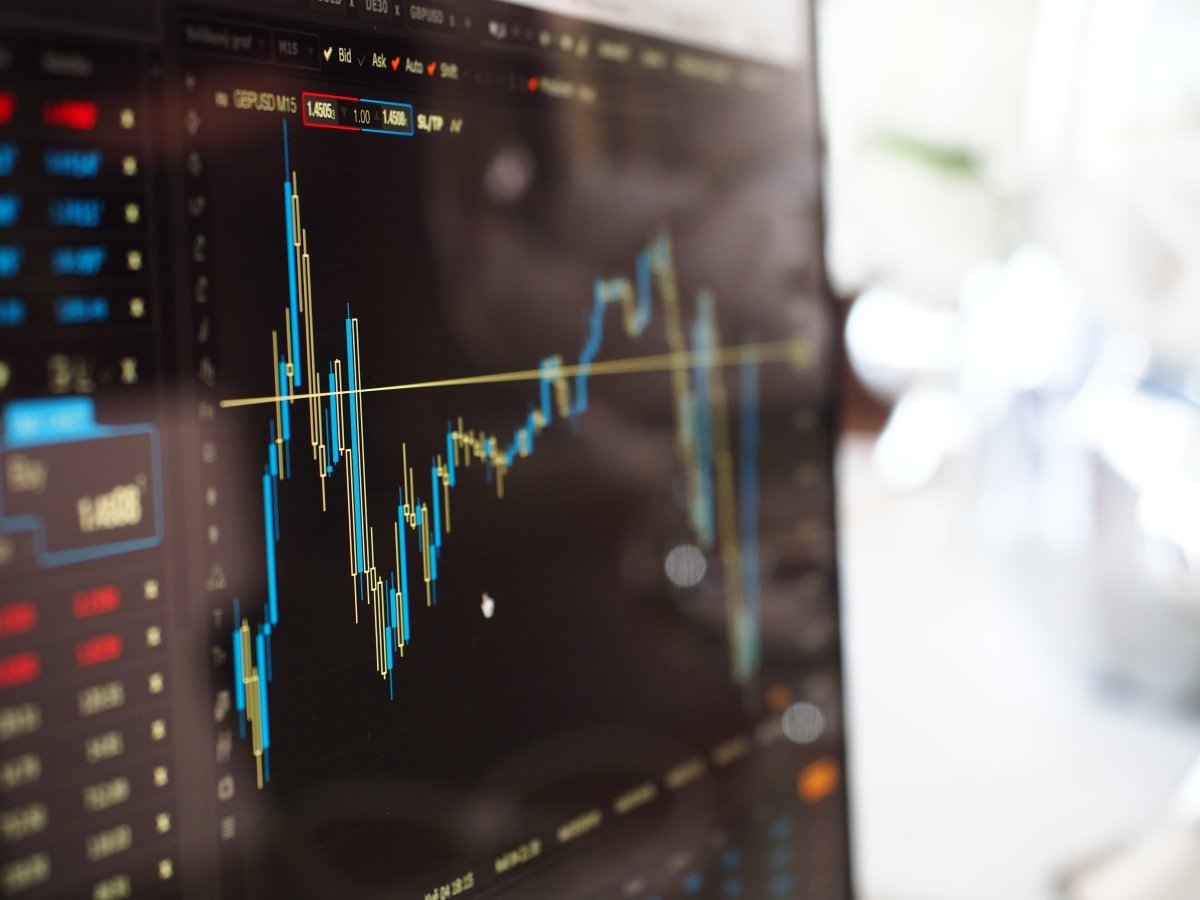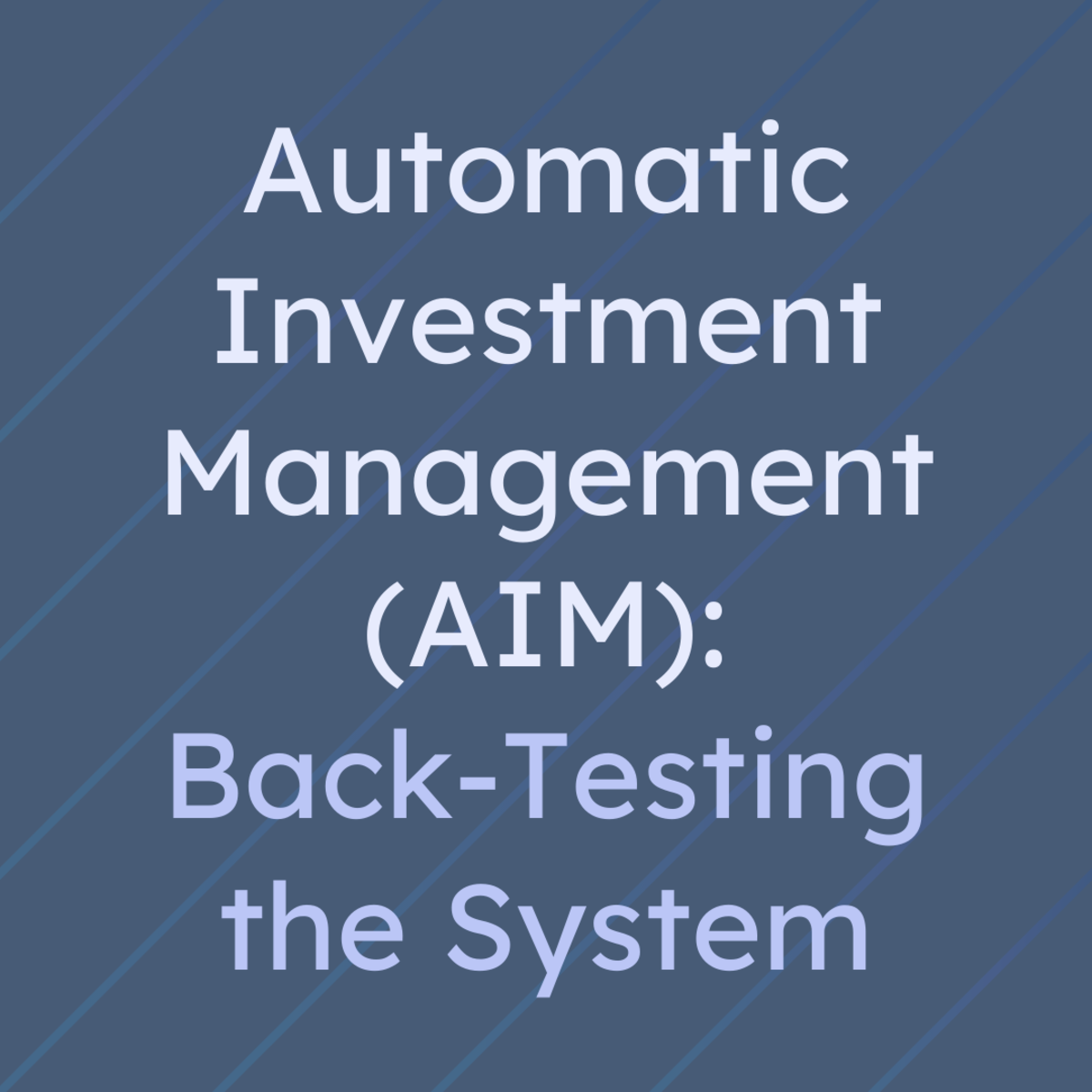Passive vs Active Management…The Case for ETF’s

ETF's
There has been an ongoing debate for decades about the benefits of actively managed mutual funds versus their passive counterparts. Those counterparts would be the exchange traded fund market (ETF’s) as well as traditional index funds. Those in favor of using more active fund managers take the position that it is possible to outperform the broad market indices through the proper research, due diligence and discrimination in investment selection. Those in favor of using more broad based indices take the position the even the best money managers cannot consistently out perform their corresponding benchmark. It is true that in the science of financial planning that the vast majority of performance is based more in the proper allocation of asset classes. However what products are utilized to comprise those asset classes is certainly relevant. So let’s examine the facts.
How many fund managers actually beat their Benchmark ???
Year over year, the results have shown that approximately 60% of active stock portfolio managers FAIL to outperform their corresponding benchmark. This clearly is not a particularly impressive statistic for mutual fund managers. This data seems to apply fairly consistently across all areas of equities (Large, Small, Mid, International and Emerging Markets). This seems to be rooted in two underlying factors. First of which would be expenses. It is possible to purchase the S&P 500 index at an expense ratio as little as 0.09%. According to Morningstar, the average expense ratio for a large cap stock fund with more than 5 million dollars in assets is a whopping 1.45%. This clearly places a fund manager at an immediate disadvantage when trying to compete with a benchmark. Another potential disadvantage is known as "efficient market hypothesis." This theory asserts that markets are quite efficient in terms of how quickly information travels, thus one cannot achieve returns in excess of average market returns on a consistent basis. More simply stated, what might a large cap manager find out about IBM stock that has yet to be priced in to the marketplace ??? The answer most often seems to be very little. It should be noted that there are three core versions of EMH. At Landmark we generally subscribe to what is known as the "weak form efficient market hypothesis."
Another difficulty that active managers are confronted with is the mandates placed on them by the funds stated objective. If you happen to be an active large cap equity manager whom is currently bearish on large cap equities, you still typically need to remain fully invested up to a certain percentage. You can't simply begin buying foreign small cap value stocks because you believe that is were the next opportunity might be. Most active equity managers typically have to remain at least 80-85% invested according to the funds objectives. So they are limited in their ability to implement their best ideas and strategy. Likewise when the market is in an uptrend the fund may be overwhelmed with new cash additions. This often adds to the lag on returns as they cannot always implement their investment strategy quick enough to keep up with the incoming cash flow.
So then why not buy the fund managers who compromise the 40% whom do outperform their benchmark ??? The answer all too often seems to be that this group is ever changing. Fund managers do have "hot streaks." Sometimes a fund manager may retire or move on to another company or role. The data shows that most five star rated funds by Morningstar rarely maintain that rating just three short years later. The majority have typically fallen back towards a three star rating, placing them solidly in the middle of the pack on a performance basis.
What about tax efficiency
A major concern for many investors is tax efficiency of an investment portfolio. This is an area where most index funds and ETF’s tend to have relatively low turnover in their portfolio. Simply stated, absent an active fund manager there is little trading inside the fund itself. And ETF/Index fund will only change when the index itself changes. This will typically result in fairly minor changes to the portfolio most often on a quarterly basis. The lack of excessive trading tends to result in very low capital gain distributions. Since there are numerous indexes that exist on a similar market cap basis, ETF’s/Index funds still offer the opportunity to tax loss harvest in the face of volatile markets.
Commissions and hidden fees
Many mutual funds have sales charges that are often back ended and or front loaded. It is not uncommon for a fund to have hidden marketing cost known as a 12b1 fee’s. These are essentially the funds passing on an annual marketing cost of the fund to the shareholder. Most ETF’s/Index funds have no such charge. While there are many active funds that trade on a no-load basis with no 12b1 fee’s, the hidden transactional cost can rarely be reduced as low as a benchmark ETF/Index fund. In some cases institutional funds have such low expense ratios that they are fairly competitive. However such funds are not available to the general public unless at extremely high minimums or purchased through a registered investment advisor where such minimums can be waived.
The evidence in most cases of equity investing seems to clearly favor the more passive approach to investing through the ETF/Index solutions. At Landmark as fiduciaries on behalf of our clients, we favor just such an approach. However we should make mention that there are certain assets classes outside of traditional equity investing, such as the fixed income markets and alternative assets in which we take a more active approach to investing.
So then why would not all investment advisors favor this approach to equity investing on behalf of their clients if there is such empirical data available to all investment professionals ??? The answer is most likely the same as the problems that exist with fund performance. Most investment advisors outside the registered investment advisor community are not fiduciaries on behalf of their clients. They are not legally obligated to provide the "best" solution for their clients. Most often their subjected to sales goals set forth by their broker dealer of employment. The ETF/Index based approach is a relatively low profit margin business. Hence it provides little incentive to a broker dealer to use such a solution. ETF’s/Index funds do not typically offer sales trailers to the corresponding broker dealers that hold them. Unfortunately, what is often good for the client is not necessarily good for the broker. All too often a client may end up paying more for a product rather than a valuable service. As a client, you should never be afraid to ask these or any other such question of your broker dealer. Always remember that it is your account. At Landmark we believe that as investment professionals it is incumbent upon us to provide not only what we view to be the best advice to our clients, but to also educate them as to the origins of any such guidance.
As always you should check with both your investment advisor as well as your tax advisor about your specific circumstances and the suitability of such potential solutions. Each client circumstance is unique, and should be addressed as such.
Suggested Reading
- How To Handle Your Pension Options
Over the years one common choice I have seen clients faced with is whether or not to opt for a lump sum pension benefit when it is offered to them at retirement versus accepting the monthly annuity payment from the company. Let me first start by... - Should I Buy an Annuity...What You Need To Know
What is an annuity ??? Annuities can generally be summarized as two basic types of insurance contracts. They are either immediate or deferred annuities. Over the years these two types of contracts have been expanded to encompass many different... - ETF's vs Closed-End Funds ???
The difference between a traditional exchange traded fund (ETF) and an actively managed closed end fund are several. However, there are certain basic features that one should understand before utilizing these solutions as investment options. The... - The Importance of Asset Allocation
When building and investment strategy we often hear the term “diversification” Yet and equally important concept is “Asset Allocation” It has been shown via numerous studies that the proper allocation can account for better than 90% of long... - The Impact of Retirement Distributions in Volatile M...
Over the last fifteen years in the financial planning field, the most commonly expressed concern I have heard from a retiree/pending retiree has been…Will I run out of money ??? When examining this question there are many variables to be concerned... - The Case for Alternative Investment Strategies
One of the lessons of 2008, and even the more recent market volatility is that portfolio management has become more dynamic. Traditional asset allocation models of equities, fixed income, and cash equivalents may not be sufficient for more growth... - Should I Pay off My Mortgage Early ???
For many Americans, the ability to pay down their mortgage sooner is simply not realistic. However in some cases it is quite possible. The Question of whether or not you should accelerate mortgage payments or use liquid cash to cover eliminate the... - What should your Financial Advisor ask you ???
Often we read articles & commentary about what to ask your financial advisor. But what should your financial advisor be asking you. Often times that alone can tell you whether or not you are engaged in a financial advisory relationship that is in - Passive vs Active Management…The Case for ETF’s
There has been an ongoing debate for decades about the benefits of actively managed mutual funds versus their passive counterparts. Those counterparts would be the exchange traded fund market (ETF’s) as well as traditional index funds. Those in... - Bonds vs Bond Funds ???
While over the years the community of investment professionals nearly universally agree that most every client should own some form and percentage of fixed income as part of their asset allocation strategy…Over the years there has been an ongoing...








